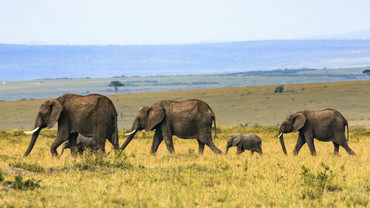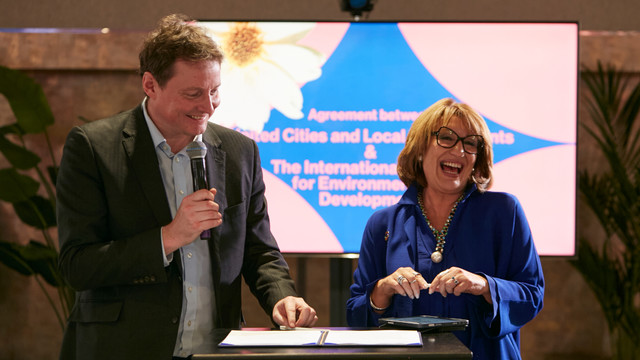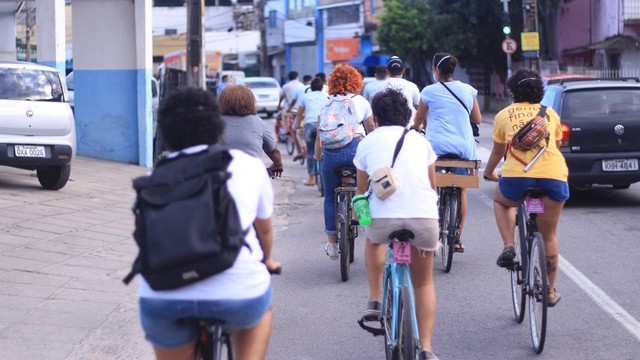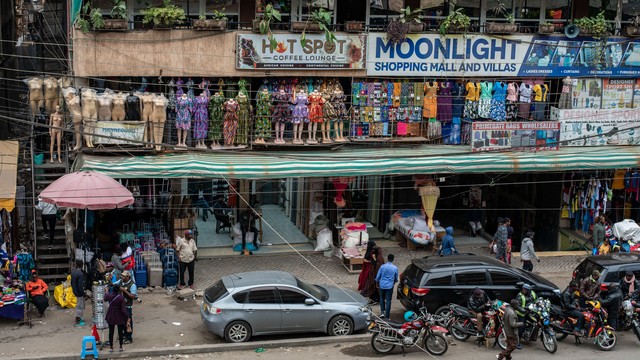Conserving wildlife: how insurance can help
A short five-minute video filmed in Kenya and Sri Lanka makes the case for a new form of private insurance – a product that will cover the risks and consequences of human-wildlife conflict for households and in doing so, reduce the likelihood of animal deaths.
In many countries, humans and wildlife live close together and as populations increase and agricultural lands expand, they are sharing the same space. This gives rise to conflict and death on both sides.
In Sri Lanka elephants share 44% of the land outside protected spaces with humans. In the last year alone, around 400 elephants and 100 humans have been killed – the highest numbers recorded for conflict globally.
The problem is stopping children from walking to school, as they fear for their lives.
It’s a significant issue in Kenya too.
Telling the story through film
An IIED project working in Kenya with AB Consultants, which champions insurance for people on low incomes, the Institute of Policy Studies in Sri Lanka and Sabah Biodiversity Conservation Association (Seratu Aatai) in Malaysia, is trying to find solutions. Together, these insurance specialists have created an innovative new product, aimed at households and designed to cover the costs of farmers’ losses.
Through knowing the risk of damage to buildings and crops is covered, farmers will be more willing to allow elephants and other animals onto their land to seek the food and water they need. Without this cover, people’s anger and frustration can lead to armed patrols and elephant deaths.
This new video spells out how the insurance scheme will work and challenges conservation practitioners and government staff to engage with private insurance companies to take the idea forward.
These insurance companies have specialist knowledge of managing risk-based schemes and administering them efficiently. Now they need to build household demand; those who know about the scheme, welcome it.
“We face so many challenges”, says farmer Gladys Julius from Kimana in Kenya, interviewed in the film. “Elephants really trouble us and we are lucky sometimes to harvest anything! Insurance would help compensate us, at least for some of our losses”.
Taking the idea forward
The Kenyan government is exploring how it can hand over its wildlife compensation scheme to the private insurance sector; Sri Lankan institutions are testing the idea too and there is similar early work being done in Malaysia.
The aim of the scheme is to respond to rising human-wildlife conflict in a way that conserves nature, wildlife and human lives. This film shows how that can be done.
Contact
Paul Steele (paul.steele@iied.org), chief economist, IIED’s Shaping Sustainable Markets research group



